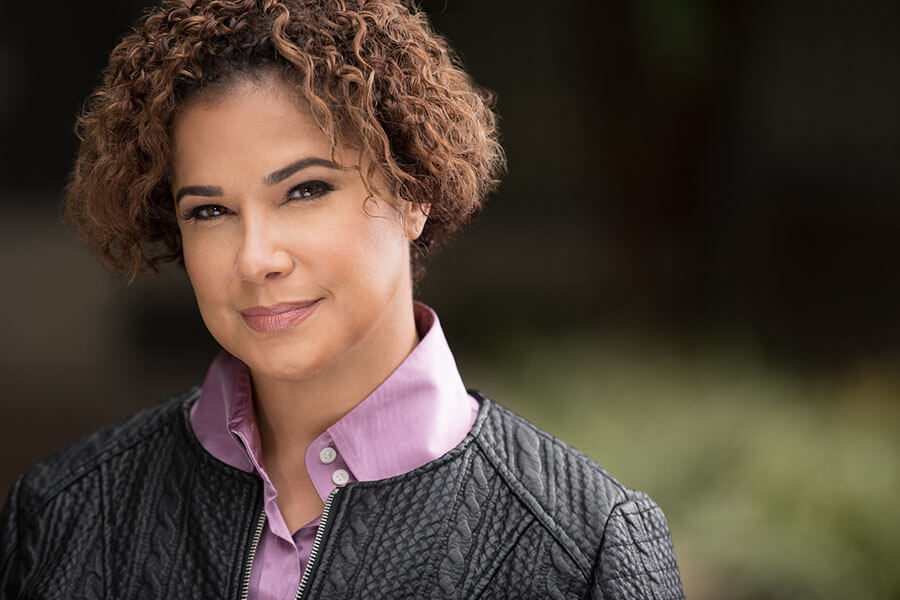When I was 21, my Grandma Rosella’s bad ankle caused her to fall and break her arm. It’s funny how such a simple thing — a fall — can have such serious consequences for an entire family. But because she was 81 and had other pre-existing ailments, she didn’t heal quickly or easily. She was bedridden, and she needed help.
 In my family, like in so many families, the women are the caretakers. My grandmother had five children, three boys and two girls. One of my uncles and my mother lived out of state and did what they could to support my grandmother during this time. My other two uncles lived close by and helped care for their mother when they could, but they couldn’t handle seeing their mother bedridden and were uncomfortable doing some of the things required to care for her, like bathing and changing her. That’s how my Aunt Philomena became Grandma’s primary caretaker. The rest of us (the grandchildren and siblings) helped when we could.
In my family, like in so many families, the women are the caretakers. My grandmother had five children, three boys and two girls. One of my uncles and my mother lived out of state and did what they could to support my grandmother during this time. My other two uncles lived close by and helped care for their mother when they could, but they couldn’t handle seeing their mother bedridden and were uncomfortable doing some of the things required to care for her, like bathing and changing her. That’s how my Aunt Philomena became Grandma’s primary caretaker. The rest of us (the grandchildren and siblings) helped when we could.
My office was 20 minutes or so from Grandma’s house, so I would help during the weekday lunchtime shift. I brought her lottery tickets along with her favorite fish sandwich. We’d do the usual: talk, gossip, and eat. That’s when she’d tell me the stories you love to hear from your elders. She told me about life back in her day, dating my grandfather, and the things my mother, aunt, and uncles did when they were little and the trouble they would get in. I got to hear the delicious details of a life well-lived. I always left her house feeling so peaceful and closer to her.
There were also difficult parts.
Being bedridden, Grandma couldn’t do all of the things she’d been doing her whole life. She couldn’t even walk to the bathroom. A woman who had been fiercely independent now needed to be changed by someone, and it broke our hearts because we knew she didn’t like it. It was hard for her to accept that kind of help, and it was hard for all of us to see her struggle with it. I worried about her long-term health. I knew that the longer she stayed in bed, the less likely she’d be to ever get out.
I also watched my aunt wrestle with the enormous strain of taking care of her mom. So many women experience caregiver stress, and it has very real effects on mental and physical health. Caregivers have a higher risk of heart disease, cancer, diabetes, and arthritis. They may have weaker immune systems and have problems with short-term memory and paying attention. Women caregivers, in particular, are more likely to suffer from anxiety and depression and gain weight from stress. I don’t know if or how taking care of my grandma might have affected my aunt’s long-term health, but I do know that my once-active aunt didn’t take care of herself during this time nearly as much as she had before. I can only imagine how hard it must have been for her.
If you’re taking care of a spouse or loved one, there are things you can do to relieve caregiver stress, things I wish I’d known to share with my aunt back then. Asking for (and accepting) help is a big one, whether it’s help from family members, a support group, or an adult daycare or respite organization. Home health care agencies and meal delivery services can make some of the day-to-day demands a little easier. Some hospitals even offer classes on how to take care of someone who is ill or injured. The National Eldercare Locator can help you find local resources, and some of them are covered by insurance, Medicare, and Medicaid.
But the most important thing is to take care of yourself. Whether it’s having time “off” to be with friends, making sure to get exercise, talking to a counselor, or getting to the doctor for your own aches and pains, taking care of yourself helps you take better care of your loved one.
If I could go back to that time, I would do some things differently. I’d cherish the quiet moments with Grandma more and pay closer attention to her stories. I’d ask more questions and really listen to the answers. But mostly I’d help my aunt more, and I’d encourage her to ask my mother or her brothers for more help. I’d find a service sooner than we did so that she could have more time for herself. I’d ask her how she’s doing more often.
It’s natural to want to take care of our parents and grandparents. We know them best and want to make sure they’re safe. But that doesn’t mean we should give up everything else. Grandma didn’t want any of us spending all of our time taking care of her. She wanted us to live our lives, too. And just like with so many other things, Grandma was right.

